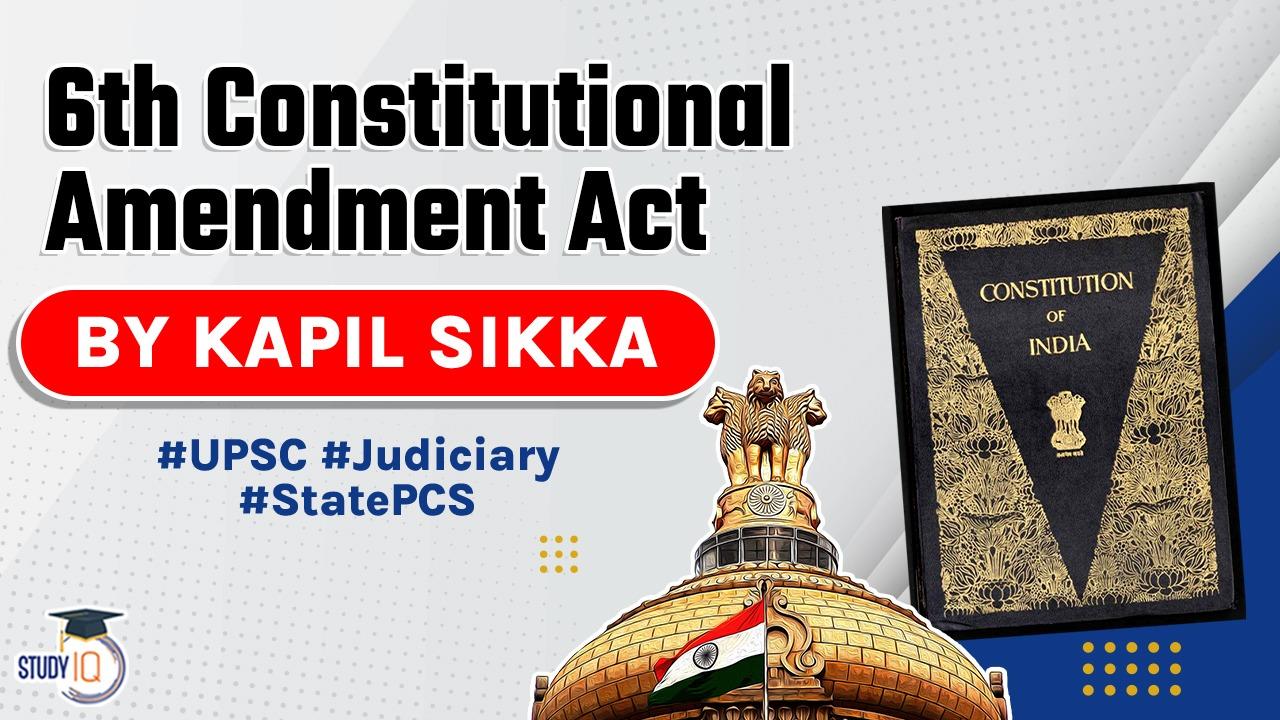Table of Contents
Federalism

- In terms of legislative power-sharing, Article 246 of the Constitution confers legislative powers on the Parliament and the State Legislatures on the subjects enumerated in the Seventh Schedule
- Due to this centre-heavy nature of the federal scheme, it can be argued that India does not follow a pure federal model.
- We are Holding Together, Rather than Coming Together Federalism
Purpose
- Amendment of the Seventh Schedule.-In the Seventh Schedule to the
Constitution
The 7th Schedule: Article 246
- It deals with the division of powers between the Union government and State governments
- Union List – List I
- State List – List II
- Concurrent List – List III
List 1 (97 Entries)
- Defense
- Army
- International Relations
- Ports
- Railways
- Highways
- Communication
- Any other matter not enumerated in List II or List III including any tax not mentioned in either of those Lists. (Residuary Power)
List 2 (66 Entries)
- Public order
- Police
- Public health and sanitation
- Hospitals and dispensaries
List 3 (47 Entries)
-
- Criminal Law
- Education
- Forest
- Trade unions
- (a) in the Union List, after entry 92, the following entry shall be inserted, namely:-“92A. Taxes on the sale or purchase of goods other than newspapers, where such sale or purchase takes place in the course of inter-State trade or commerce.”; and(b) in the State List, for entry 54, the following entry shall be substituted, namely:-“54. Taxes on the sale or purchase of goods other than newspapers, subject to the provisions of entry 92A of List I.”.
- Amendment of article 269.-In article 269 of the Constitution,-(a) in clause (1), after sub-clause (f), the following sub-clause shall be inserted, namely:-“(g) taxes on the sale or purchase of goods other than newspapers, where such sale or purchase takes place in the course of inter-State trade or commerce.”;
Constitutional Amendment Series Download Free PDF






















 WhatsApp
WhatsApp